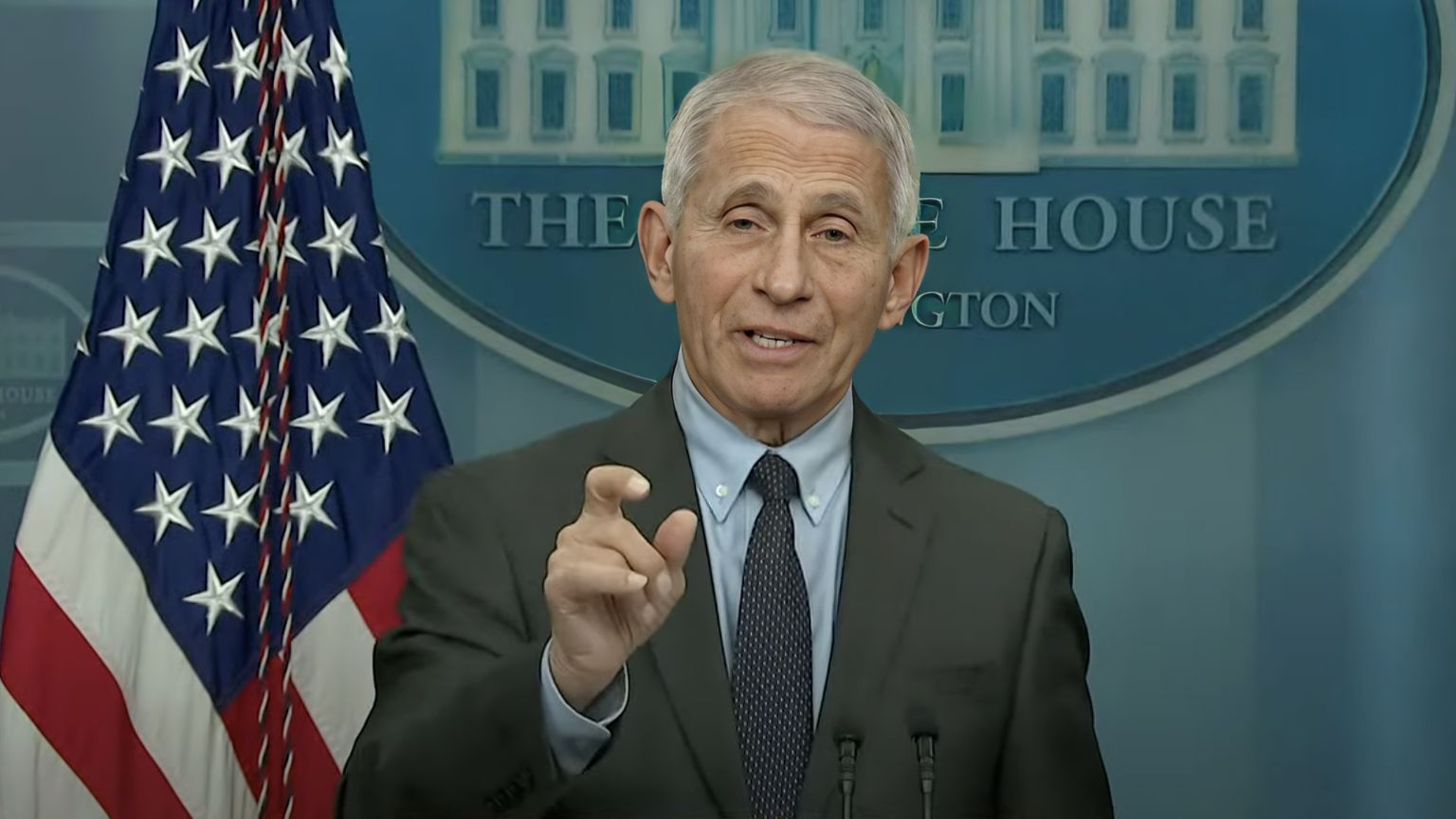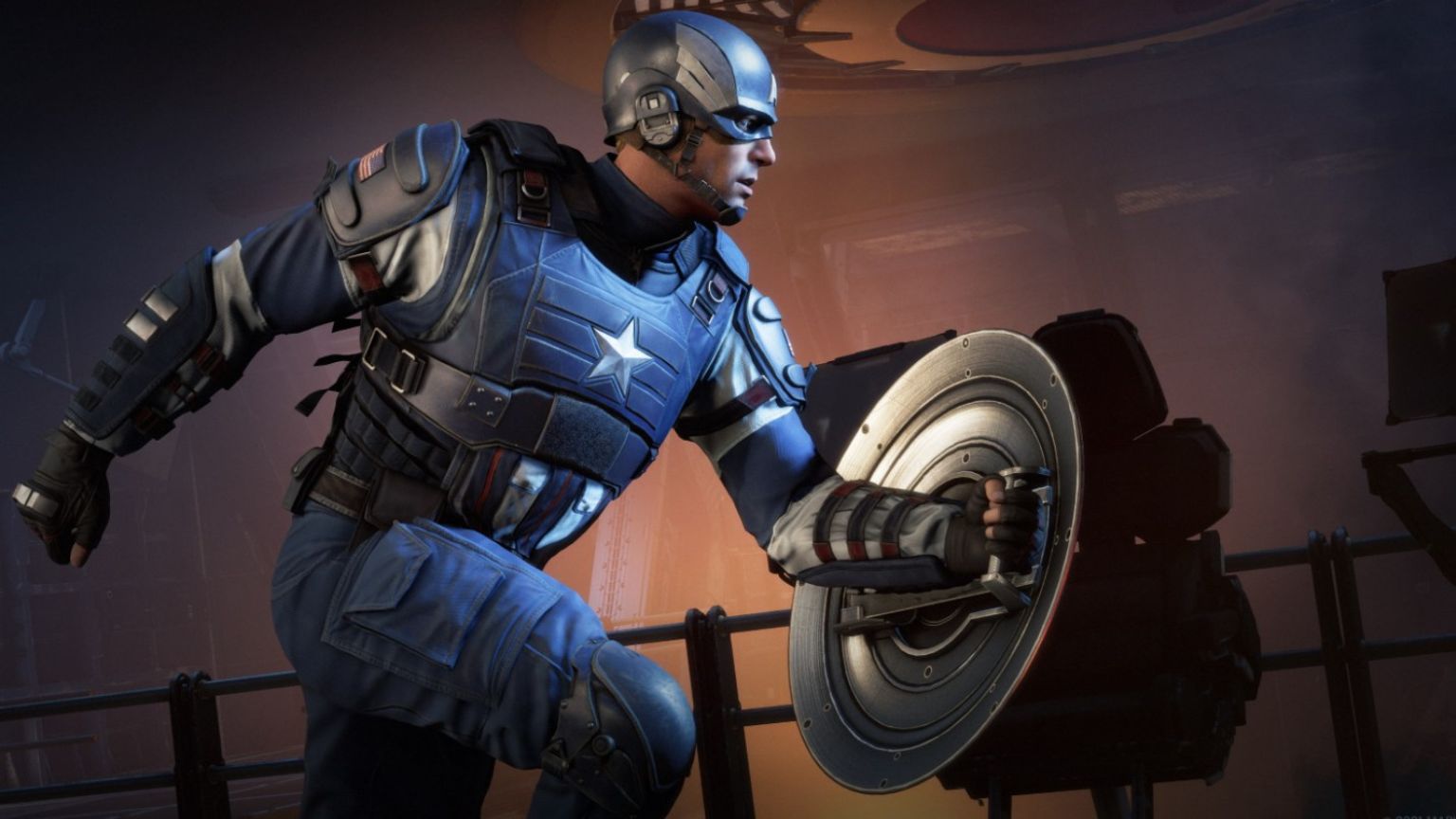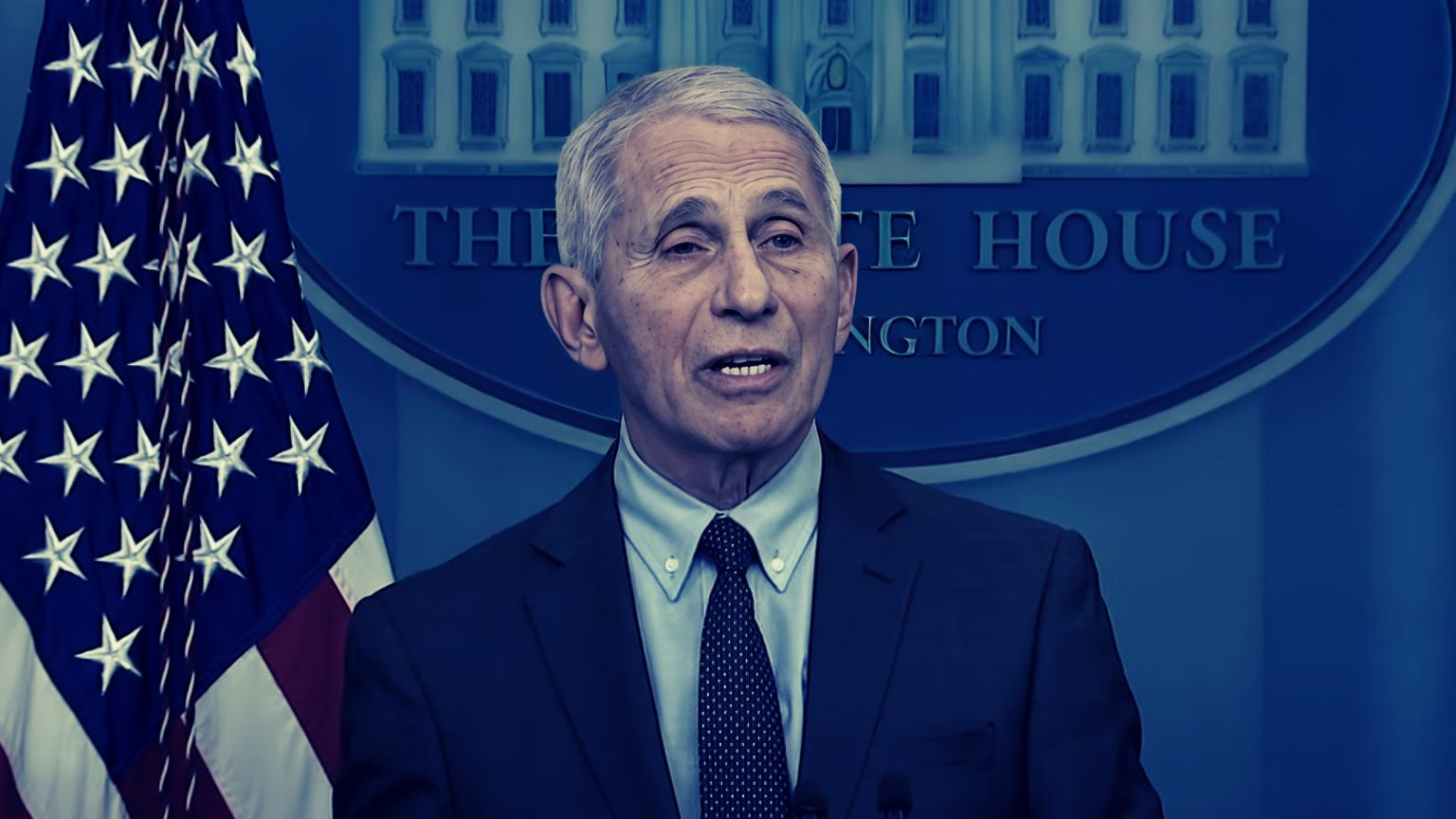The public mood in Japan is changing from being strongly pacifist to becoming more open to arming its military after the ongoing war in Ukraine, where Ukrainian tanks are here seen shortly before an attack in the Lugansk region in February.
Anatolii Stepanov | AFP | Getty Images
The public mood in Japan is changing, and people are now less opposed to Japan arming its self-defense forces after Russia's invasion of Ukraine, a Japanese analyst told CNBC on Monday.
Japan is allowed to engage in military combat only if it's attacked first, according to Article 9 of the country's pacifist constitution, which was drawn up after the Second World War.
"After the Russian aggression against Ukraine, the public mood is changing. And if the Japanese government under Prime Minister Kishida were to work toward a more realistic stance and increase the military budget, the majority of the Japanese public is now getting ready to accept that," Masahiro Matsumura, professor at St. Andrew's University in Osaka told CNBC's "Squawk Box Asia."
"If not already, then it may take maybe six months to one year to change public opinion dramatically," said the professor of international politics, adding that public sentiment on the matter will be affected by the progress of the war in Ukraine.
However, a survey released by Kyodo News in early May, showed that the sentiment on amending Article 9 has remained unchanged from a year ago, despite growing concerns over regional security.
Since the Russian invasion of Ukraine in February, there have been calls by members of the ruling Liberal Democratic Party and others to revise the law. Despite that, 48% disagreed to the revisions, while 50% said it was necessary — numbers similar to those from a year ago, the report said.
In a similar poll conducted last year, 51% were in favor of an amendment while 45% were against it.
U.S. reliability is a 'major concern'
There are also questions about U.S. reliability under President Joe Biden over the long term, Matsumura said.
"Trump made a great investment in defense. While he was not very skillful in managing alliances," the professor pointed out. "Biden is exactly the opposite. [Under Biden], nominally, the U.S. defense budget is increasing but considering inflation, it is shrinking."
Traditionally, the U.S. position has been to talk softly with a big stick but now it does not have "sufficient investment" in defense, Matsumura said. "Now, the U.S. is speaking tough without the big stick. That's the problem."
Biden is in Japan to meet leaders of the four-nation Quadrilateral Security Dialogue, a security grouping which includes the United States, Japan, India and Australia.
On the Quad meeting being hosted by Japan, Matsumura said it will be necessary to "calibrate expectations" around the summit.
"Quad is just a security alliance without a military component. It is not a military alliance. So we get what we get," he said, adding that the Quad was a "soft check" on Chinese belligerence.










 English (US) ·
English (US) ·